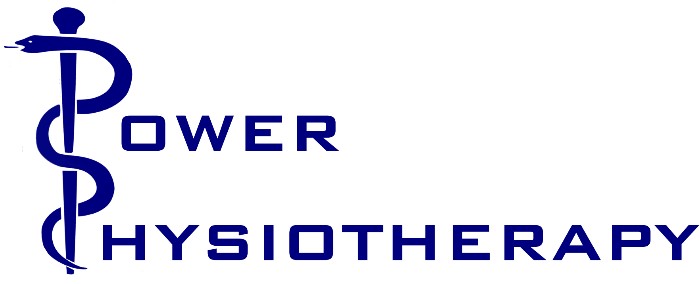 |
|||||||||||||
|
|
|
|
|
||||||||||
 |
|||||||||||||
 |
What to expect during your home visit Home visits share many similarities with physiotherapy sessions in hospitals or clinics, but have the added benefit of being in your own home environment - whether private accommodation, sheltered accommodation or a nursing or care home. This is especially important if you have difficulties with tasks relating to this environment, such as getting in and out of bed or negotiating stairs, so your treatment can be tailored to your specific needs, or if you are simply unable to get out and about in order to attend a clinic.
This will be followed by a physical assessment to identify and diagnose the problem. For a neurological condition this may include assessment of positioning, muscle tone and length, posture and balance in sitting and standing, muscle control, active and passive movement and analysis of activities of daily living. For a musculoskeletal disorder, or following orthopaedic surgery, this may include assessment of active and passive movement, strength, balance and analysis of gait and activities of daily living. A treatment plan will then be formulated according to the patient's individual needs. For a neurological condition this may include advice regarding positioning and posture, an exercise and/or stretching programme to continue between sessions and, as applicable, re-education and rehabilitation of balance, posture in sitting and standing, transfers, gait (walking) and any activities you may be having difficulty with. For a musculoskeletal disorder this may include manual techniques such as joint mobilisations and/or soft tissue techniques, an exercise and/or stretching programme, balance work and gait re-education, as well as advice and education about your condition or injury. You are very welcome to have a family member or friend present during your treatment if you wish - this can be helpful to patients with memory problems (for example, if they struggle to remember their medical history), or just those who feel they might like a little help to remember their exercises!
|
 |
|||||||||||
 |
|||||||||||||
© 2007, Melanie Power. All rights reserved. |
|||||||||||||